Many of us artistic types marvel at stories of our peers who were brought up in families that completely supported their musical dreams, who provided encouragement, lessons, whatever it took for us to create and achieve. But Journey’s Jonathan Cain can attribute his success to his family not only for their encouragement and support, but for providing him with the title of one of the biggest songs in music history.
Videos by American Songwriter
“Don’t Stop Believin’” was the second single from Journey’s 1981 album Escape, and has become one of the most recognizable songs of all time. Before Cain was a member of Journey, he played for The Babys, and the band was sidelined after Babys singer John Waite injured his leg on stage. Unemployed and not knowing what he was going to do next, Cain called his father, who told him over the phone, “Don’t stop believin’.” And Cain jotted those words down in a notebook. Soon afterward he was hired for the keyboard spot in Journey, and became one of rock’s most famous keyboardists and writers.
In his book Don’t Stop Believin’, Cain recounted how he, singer Steve Perry and guitarist Neal Schon put the song together. “Steve asked if I had any lyrics or melodies that might work for the new album. I went home and paged through all my spiral notebooks. On the last page of my notebook, I found three words scribbled: Don’t stop believin’. I knew Steve would like the title – the words my father had given me on a long-distance phone call one night … I came up with a cool chord progression and started humming the lyrics ‘don’t stop – believin’ – hold on to that feelin’ over the changes. I didn’t know what the other lyrics were yet, but I planned to show the guys the idea anyway.”
“Steve liked my chord progression and suggested we use the same chords for the verse, but with the rolling piano feel I’d played for The Babys’ albums. I began without the bass notes, using only the right hand, and Neal started playing what would end up to be the bass line … we looped over and over until it began to take shape … After the first verse, Neal began to play a staccato guitar line that sounded like a train going down the tracks as we headed into another verse with only piano and vocal … we roared into Neal’s guitar part, playing unison with the newly minted bass line. When the second B section ended, Neal burst into the melody I had written, playing it as a theme.”
“Excited to finish the lyrics to our new song, I met Steve at his house the next morning. ‘Neal’s guitar in this section sounds like a train heading down the track,’ I said. “Makes me think of a song I love – ‘Midnight Train to Georgia. You too?”
“’Gladys Knight and the Pips – a classic for sure,’” Steve said.”
“What if the lyric was ‘the midnight train goin’ anywhere?’ I said. Steve liked the lyric, so we built off it, adding a boy and a girl headed out on the midnight train. We loved this idea of two young people dreaming about leaving their town and going somewhere to make a new start. So we began our song with our two characters and put them in motion. When Steve arrived at ‘just a city boy, born and raised in’ – he came to an abrupt stop. ‘How ’bout making him from Detroit?’ he asked.”
“‘Cool, but we need another syllable to fill it out here. How does South Detroit sound?’ Playing his bass, Steve sang the new lyric. ‘This sings great. Is there even a South Detroit?’”
“’Heck if I know,’ I said. ‘If it sings well, I say let’s move on.’”
“I told him about the Whisky a Go Go – how The Babys played there on New Years’ Eve and my first live gig with them. I described the small, packed venue, the old bar smell, and the sting of smoke in the eyes. ‘A singer in a smoky room, the smell of wine and cheap perfume. For a smile they can share the night. It goes on and on and on and on,’ we wrote.”
“The middle section that Neal had come up with was next. With our conversation about Sunset Boulevard still fresh, Steve and I went on to see the movie we were creating in our minds.”
“‘Strangers waiting up and down the boulevard, their shadows searching in the night.’ … These were the ‘streetlight people, living just to find emotion, hiding somewhere in the night’ … ‘Workin’ hard just to get my fill. Everybody wants a thrill. Payin’ anything to roll the dice just one more time,’ we wrote. Those lines summed up the two of us, sacrificing it all to gamble on a dream.”
“We didn’t know it yet, but we had just written an anthem that would stand the test of time.”
The song became a huge hit, and helped propel Escape to multi-platinum sales worldwide. It soared in popularity again the next century – and in sales of something that didn’t exist in 1981, downloads – when it was prominently used in the TV series The Sopranos and Glee, becoming one of the most downloaded songs of all time that was originally recorded in the 20th century. The song was co-produced by former Lynyrd Skynyrd soundman Kevin Elson and onetime Queen engineer Mike Stone, who also engineered the album. Cain and Schon are still in Journey today, and Cain is believin’ in other ways with newfound success as a Christian recording artist.


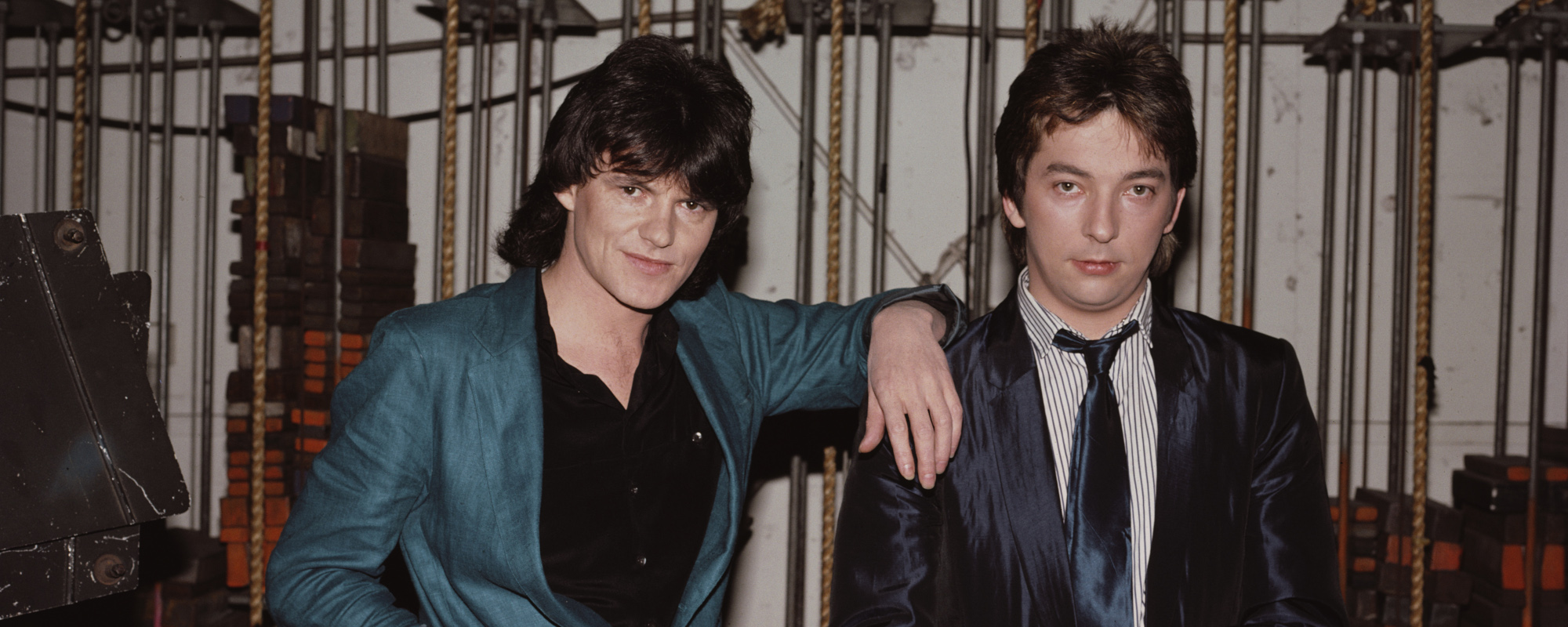
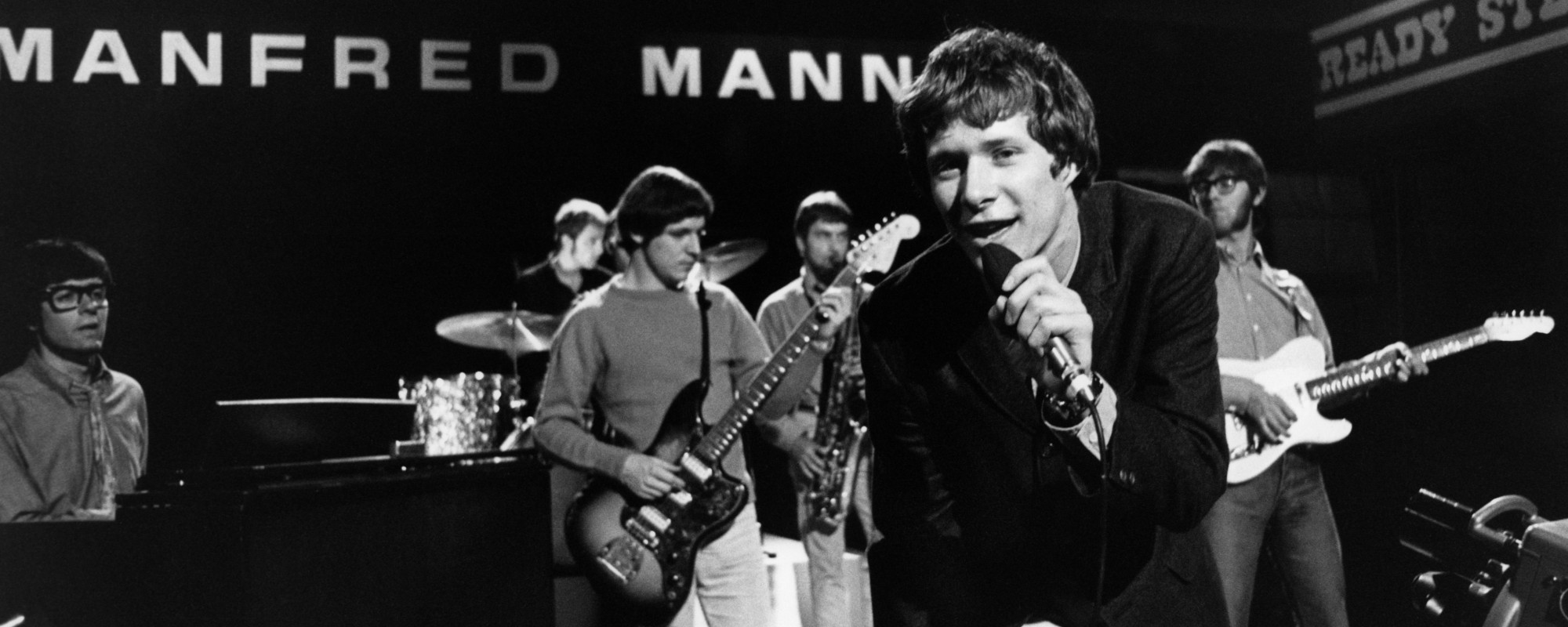
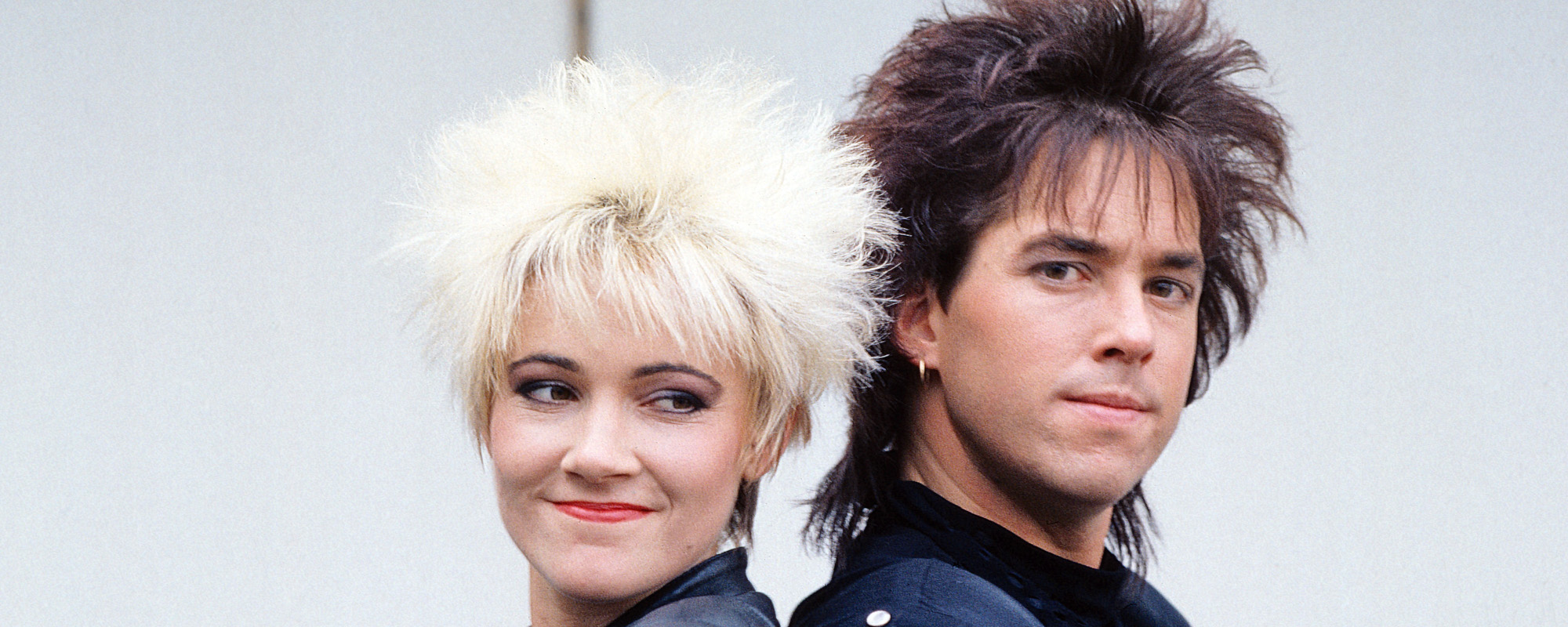
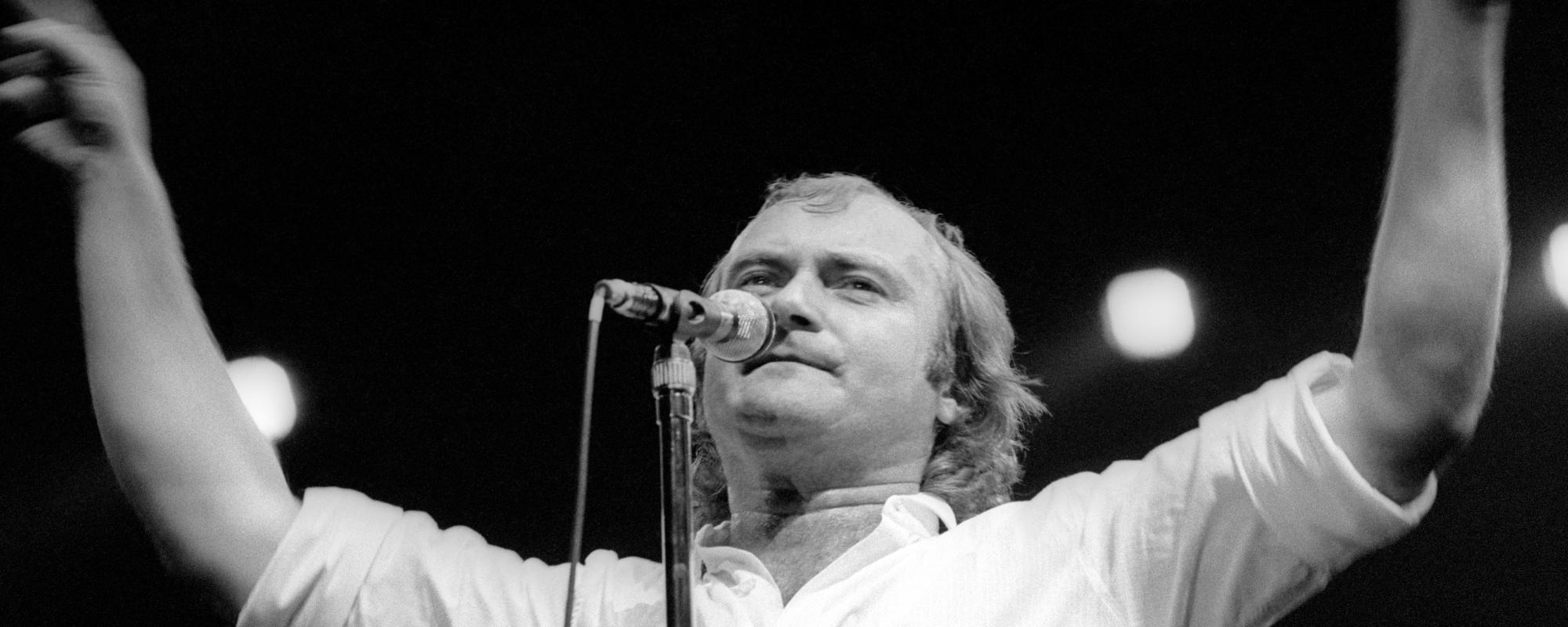
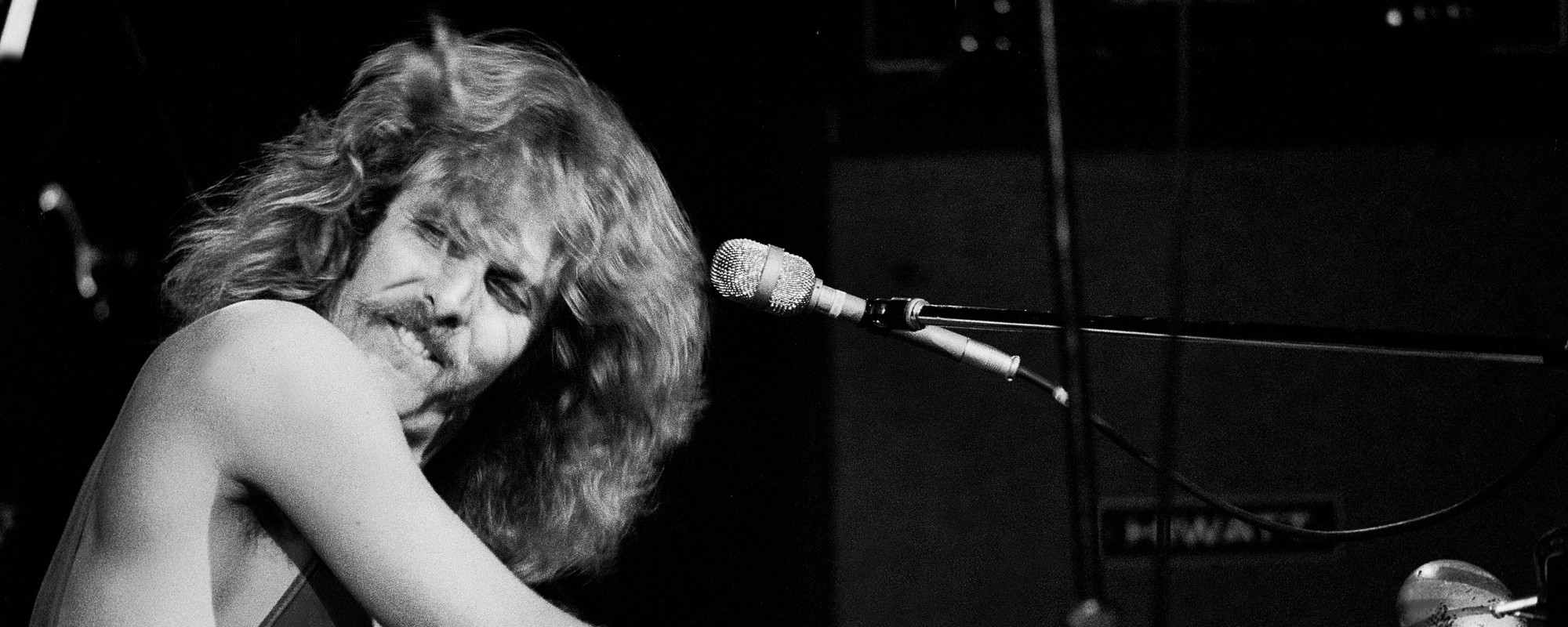







Leave a Reply
Only members can comment. Become a member. Already a member? Log in.